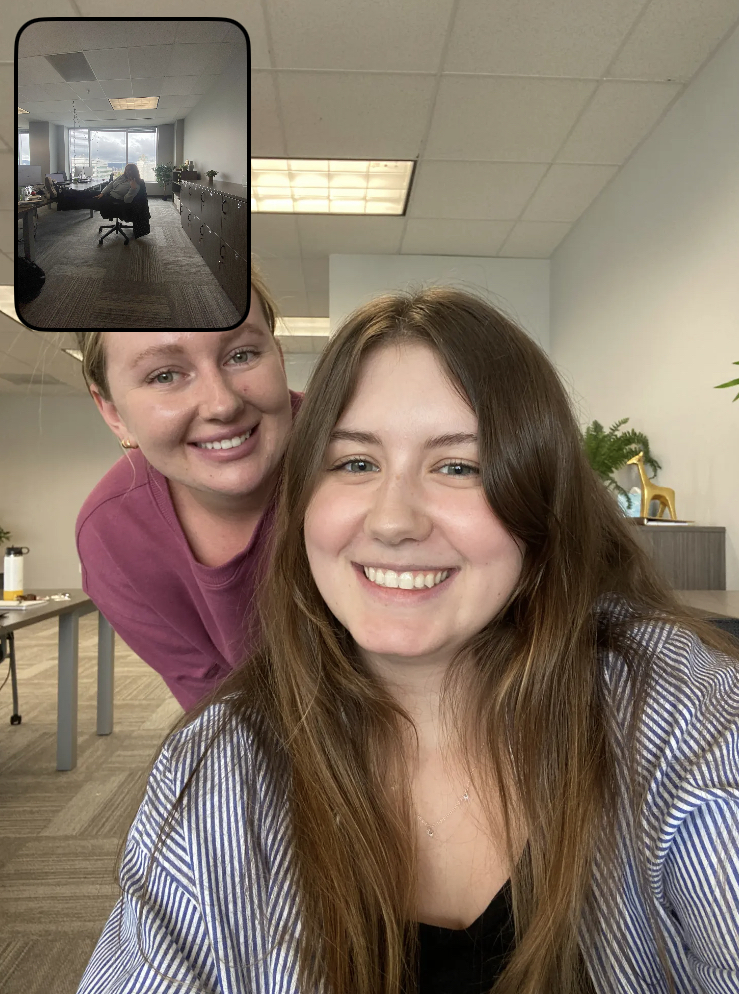It’s been three months — nearly to the day — since I first stepped foot in the Hoffman office, and time doesn’t feel quite real. Has it only been three months? How is it already three months?

I’ve learned so much, and at the same time, I know that I’ve just barely glimpsed a view of the vast PR world I have yet to explore.
If I could have a meeting with my three-months-ago, first-day-as-a-Hoffman-intern self, the girl who was lacking in workplace confidence and needed a few trial runs to learn how to schedule a meeting, I would tell her this: feedback is the goal.
I thought I understood the value of feedback by the time I finished college. However, it took about a month spent into this internship to realize that my relationship with feedback has a whole different meaning at the outset of my career.
This moment arrived when Lou Hoffman laid the truth out for me and the rest of the summer intern cohort one afternoon: feedback is a necessary tool, but it requires bravery from both the sender and the reviewer.
Up until then, I had spent my internship feeling like feedback was a sign that I was letting my team down. It wasn’t an ego thing as much as it was what felt like another blaring example of my inability to be helpful. But I started to change that narrative in my head — feedback was hard for everyone involved. We push through and do it because it’s the best way to learn.
Feedback is the goal, and we want to make it easy for our coworkers to provide it.
Once I understood that my managers and team leads felt a responsibility to me to provide constructive comments, I wanted to open the door for them to do so. It required a mindset shift to see that we’re in this together.
By accepting constructive feedback, I found the courage to try new things. And it felt freeing. I could still succumb to my perfectionist tendencies — over-researching everything, editing every sentence forward and backward, trying to anticipate and proactively avoid any mistake — but also accepting that my work was inevitably imperfect. Feedback was headed my way, no matter how many reinforcements I built. And that was the ideal outcome, always.
So, while my teams have been consistently kind and encouraging (that has never been in doubt), I’ve discovered that my newfound confidence is not a product of kudos but criticism.
I don’t feel restrained by fear anymore. Instead, I’ve unlocked my creativity.
This has opened me up to some of my favorite moments at Hoffman so far: writing my first byline, leading my first team meeting, and developing my first original pitch angle all on my own. I’m learning how to help my teams in new ways all the time.
While I can give all this advice to my three-month-ago self, the reality is that the more I learn, the more clearly I see all the learning I have left. However, at the conclusion of this chapter in my career, I don’t want to overlook that the freedom to be imperfectly creative is a first step I’m proud of myself for taking — and grateful to Hoffman for teaching.
As I begin to look up from my day-to-day tasks and see the patterns and cycles of the tech PR industry churning around me, I have more confidence to find my place in it.

